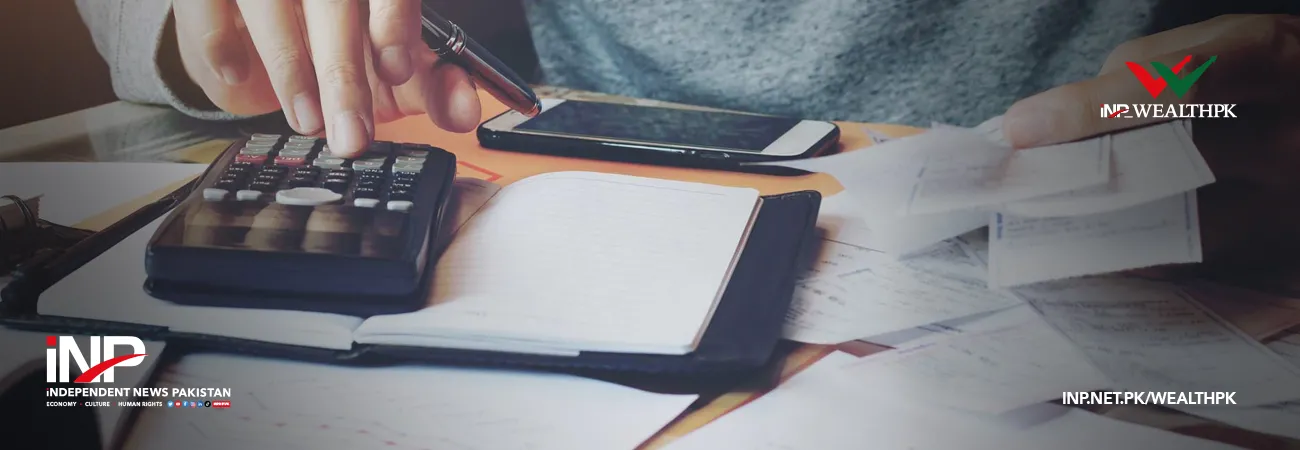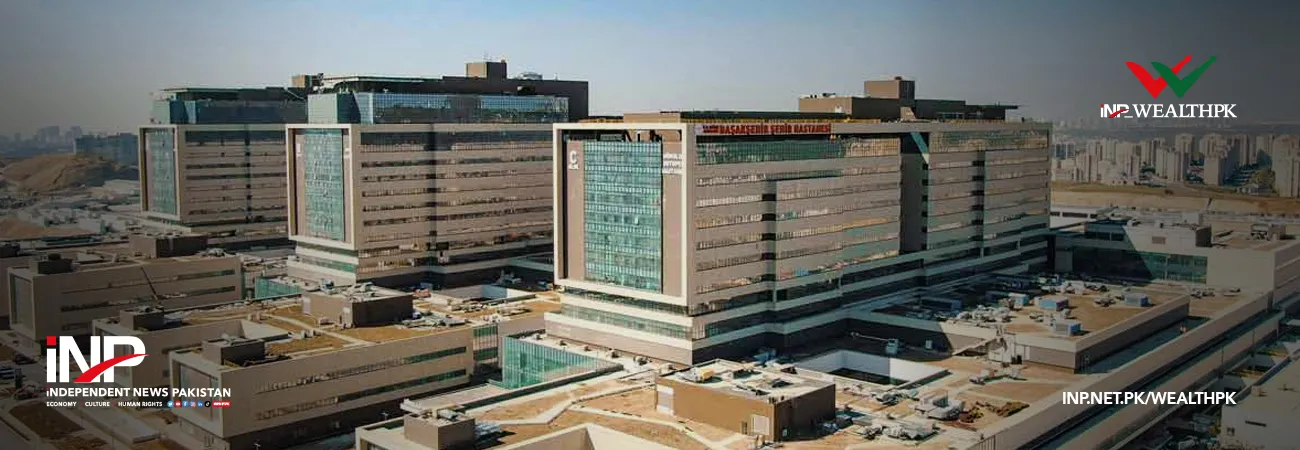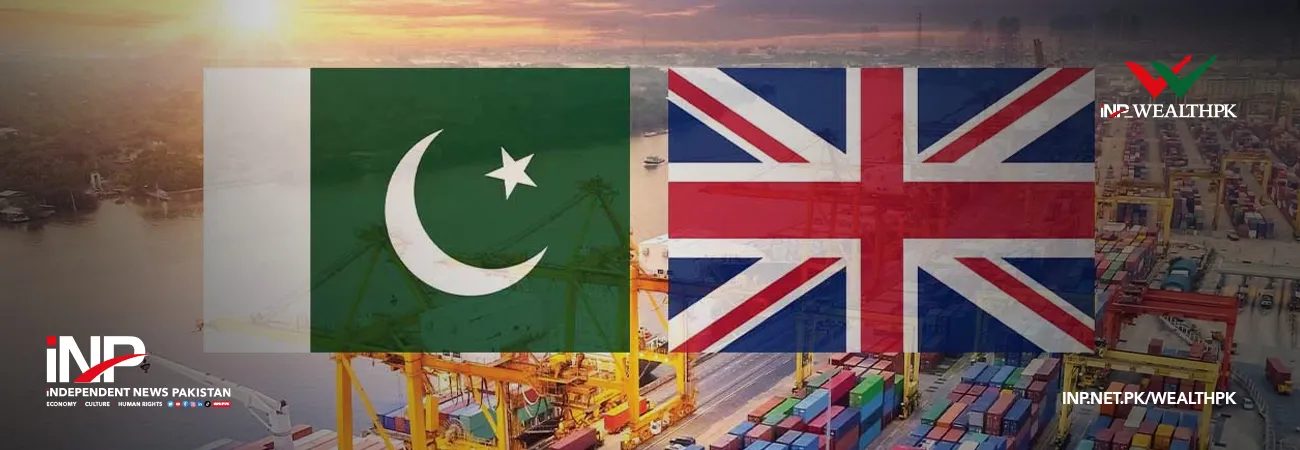INP-WealthPk
Muhammad Saleem
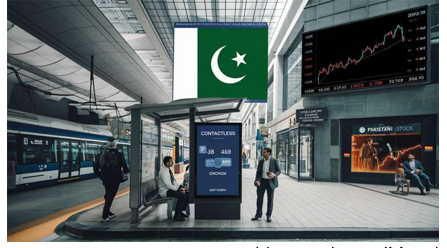
The traditional cash-based economy is posing multiple challenges to Pakistan and negatively impacting its economy. Embracing a cashless economy is the way forward to strengthen its fragile economic condition and create new opportunities. Talking to WealthPK, Zeeshan Ahmed, a teacher at a state-run university, said the global trend of cashless economy is gaining ground. However, in Pakistan, concerted efforts are required to promote this trend, as people still prefer cash over cards. “In view of the current fragile economic conditions riddled with corruption, we need a cashless economy to reduce our reliance on the physical currency. The traditional currency poses multiple challenges to Pakistan, like higher printing costs and its management.
“By embracing digital transactions, we can easily bolster our tax net, evolve our strategies with the help of collected data, and bridle corrupt practices. Currently, we are not in a good position to make data-driven decisions, as our institutions lack accurate data,” he said. He said there are reports that the government is considering different options to promote a cashless economy. It's a ripe time to encourage people to get incentives by paying the utility and fuel bills through the digital platforms. Only the digital rewards announced by the government can entice the public to adopt the digital economy, but people are reluctant to go for digital transactions, fearing that the Federal Board of Revenue (FBR) might start picking on them.
Ali Irfan, who is attached with a private cellular company, told WealthPK that embracing a cashless economy will prove a game-changer for Pakistan. Even people with limited literacy levels can use the mobile money wallets, as this method is an easy source to enhance sales by accessing financial services. He said without bringing the unbanked population into the formal economy, the government could not expand the tax net and get rid of the chronic issues. As an employee of a private entity, he said, “I can guarantee that the people will waste no time adopting a cashless economy when they will be practically assured that their hard-earned money will not be misappropriated by policymakers.”
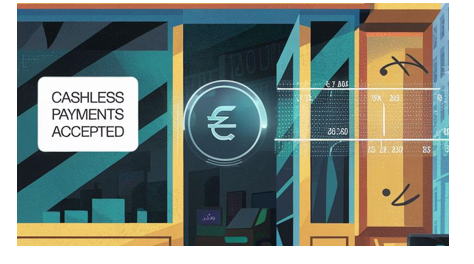
Shoukat Ali, an exporter, said the business community supports a cashless economy, as it will help expand the tax net. We have to broaden the tax net for the greater good of the people; otherwise, our issues will continue to plague us, he added. He said people have started using RAAST, which is Pakistan's first instant payment system. So far, the number of people using the end-to-end digital payments is low and efforts must be put in place to increase awareness among the people about the importance of digital services, he added. He said the e-commerce sector could play a key role in helping the policymakers promote a cashless economy, as people prefer to purchase products online rather than visiting the markets physically. The traditional economy puts a significant financial burden on the country and serves as a source of earning for the negative elements involved in the counterfeit currency business.
Our departments are not efficient enough to curb the menace of counterfeit currency. A cashless economy offers us a silver lining. Discussing the issues restricting the implementation of a cashless economy, Zeeshan Ahmed said Pakistan is stuck between being digital and non-digital. Navigating a hybrid country is a cumbersome task, but we can overcome this hurdle by improving our infrastructure, and by collaborating with countries like China. “We need to introduce multiple RAAST QR payment acceptance points for merchants by incentivizing digital payments. The industry players and youth should be brought up to speed on the benefits of digital economy,” he suggested.
Credit: INP-WealthPk






